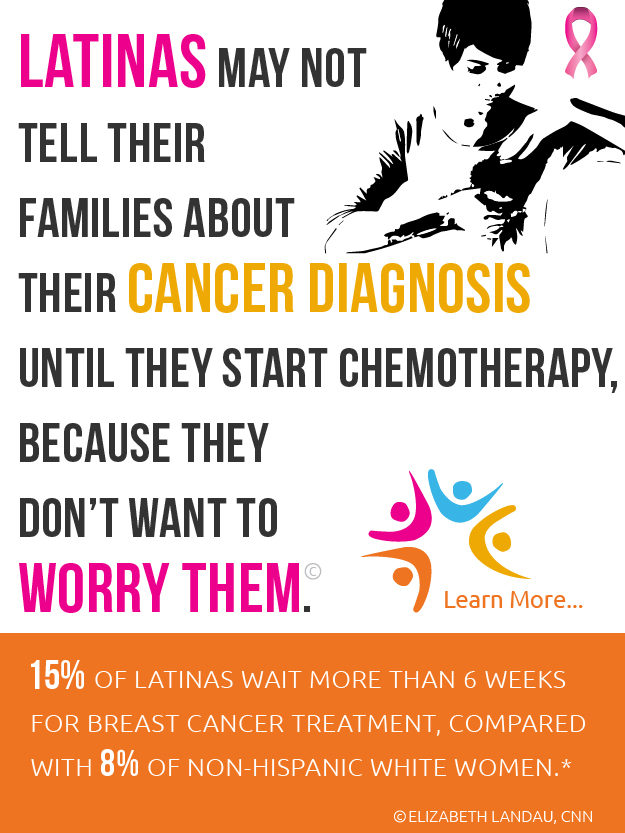
When Your Flu Risk May Be Higher
04/04/2019 06:00AM | 4880 viewsby Sarah Elizabeth Adler, AARP
Heart disease, lung disease and diabetes make serious complications more likely, report says
This year’s flu season has been generally mild so far, but that’s no reason to skip the flu shot — especially for those with an underlying condition like heart disease, lung disease or diabetes. That’s according to a new report from the National Foundation for Infectious Diseases (NFID), which notes that older adults living with chronic health conditions face an increased risk of serious, and sometimes fatal, flu complications.
“Flu can be the first domino that falls in a slow slide to progressive disability over time,” says NFID Medical Director William Schaffner. The virus not only has the potential to cause complications like bronchitis and pneumonia, but also can serve as a trigger for health crises like heart attack and stroke because of the inflammatory response it causes in the body.
Adults 65 and up — the age group most likely to be living with chronic health conditions — are especially vulnerable, accounting for 90 percent of flu-related deaths and the majority of hospitalizations.
In all, it’s estimated that nearly half (47 percent) of U.S. adults age 65 and up and 31 percent of those age 50 to 64 are at high risk for flu complications because of an underlying condition. The more than 30 million adults living with diabetes, for example, have six times the risk of being hospitalized for a flu-related complication, while those with heart disease face a 10 times increased risk of heart attack within three days of flu infection.
In general, Schaffner says, the risk of flu-related complications in individuals with chronic conditions persists even if the condition itself is well-managed, and can linger for several weeks after someone feels they have recovered.
So what is the best way for those with underlying conditions to protect themselves? Get vaccinated, Schaffner says — and be sure to get the high-dose or adjuvanted shot if you're 65 or older.
The flu shot (available for low or no cost, depending on insurance, at your local pharmacy or supermarket) not only reduces the risk of coming down with the flu in the first place, but also helps mitigate complications in case you do catch the virus. This can mean the difference, Schaffner says, between a bout of flu that you and your doctor treat with antivirals at home and one that lands you in the hospital with pneumonia.
And remember, the vaccine also minimizes the chance of passing the virus to others. In Schaffner’s words: “No one wants to be the dreaded spreader.”











Post your Comment
Please login or sign up to comment
Comments